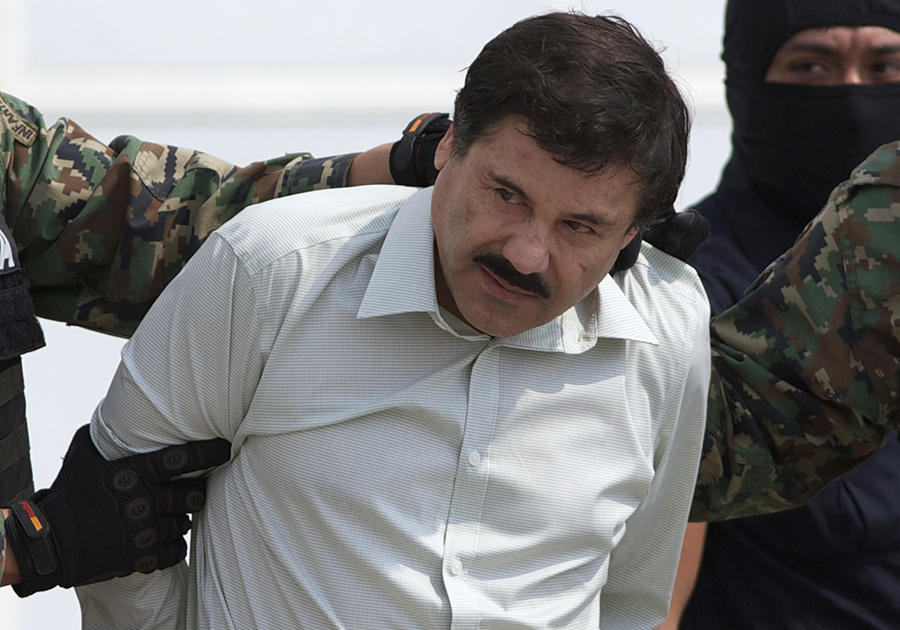El Chapo’s habeas corpus petition denied, no counsel appointment

El Chapo. AP file photo by Eduardo Verdugo
U.S. District Court Judge Brian Cogan dismissed the habeas corpus petition of Joaquin “El Chapo” Guzman, along with his request for appointed counsel on Wednesday in Brooklyn’s federal court.
Guzman, currently incarcerated for life on charges including drug trafficking and money laundering, sought to overturn his conviction, but the court found his arguments insufficient and his financial resources ample, denying him the legal aid typically available in such proceedings.
The petition included both a counseled habeas corpus petition and a later pro se supplemental petition. However, the court found that the arguments presented lacked merit.
